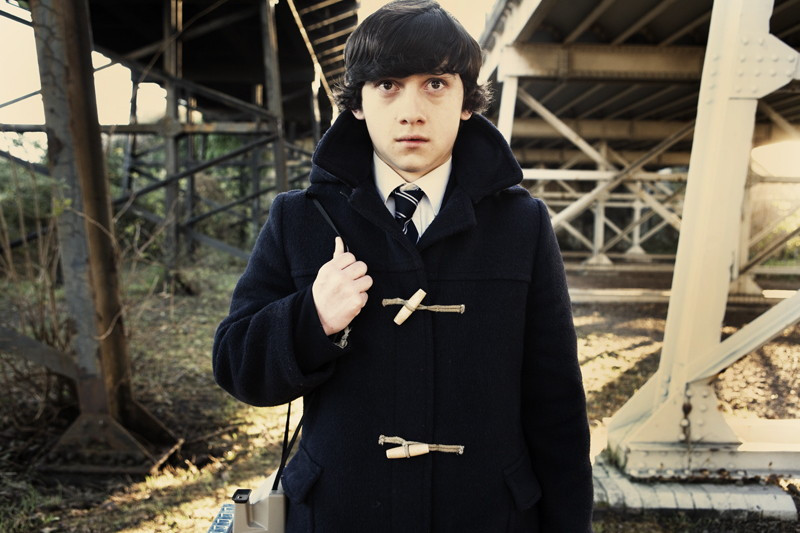Dark coming-of-age film Submarine is off-beat and likeable
The teen years are a confusing and awkward time for most of us, and 15-year-old Oliver Tate’s adolescent experience is no exception, as he catalogues and narrates his life in director Richard Ayoade’s 2010 film Submarine.
“My mother is worried I have mental problems,” Oliver (Craig Roberts) notes at one point in the film. “I found a book about teenage paranoid delusions during a routine search of my parents’ bedroom.”
Oliver is a precocious teen, trying to find his place in the world. Not especially popular, Oliver’s goal is to be noticed, especially by the bad-ass beauty in his class named Jordana Bevan (Yasmin Paige).
The opening to Submarine is a fantasy sequence in which his desired reactions to his untimely death from the members of his small Welsh community play out, until he surprises the students at his school with his resurrection.
Oliver has a grand imagination, and he plays out his memories in Super 8 film.
Oliver wins Jordana’s affections following a cruel bout of bullying.
Things are looking up for Oliver until one of his mother’s former lovers, Graham (Paddy Considine), moves in with his cheesy painted van across the street from the Tates.
Oliver’s parents are hilarious, played deadpan by actors Noah Taylor and Sally Hawkins. It is clear that not only are they bored in their marriage, they are just boring.
Graham’s reappearance in Jill Tate’s life brings out the girl in her, but it ends in a particularly awkward-but-funny indiscretion in the privacy of the painted van.
Now Oliver’s focus has to switch from being the best boyfriend and losing his virginity, to keeping his parents’ marriage intact.
Submarine follows in the footsteps of other dark coming-of-age films such as Thumbsucker and Noah Baumbach’s The Squid and the Whale, a film that also details teens dealing with their parent’s rocky relationship.
The story is entirely character driven, and Oliver is a likeable kid. There are some genuinely funny moments.
The film is also interesting visually, with some beautiful coastal shots and an entertaining use of slow and still motion during the bullying sequence.
The editing makes for a collage of a film, like Oliver’s memories.
In the end, Oliver must make some difficult decisions regarding his life, but for fans of off-beat films, it should not be a tough decision to watch this film.
Published in Volume 66, Number 13 of The Uniter (November 23, 2011)








